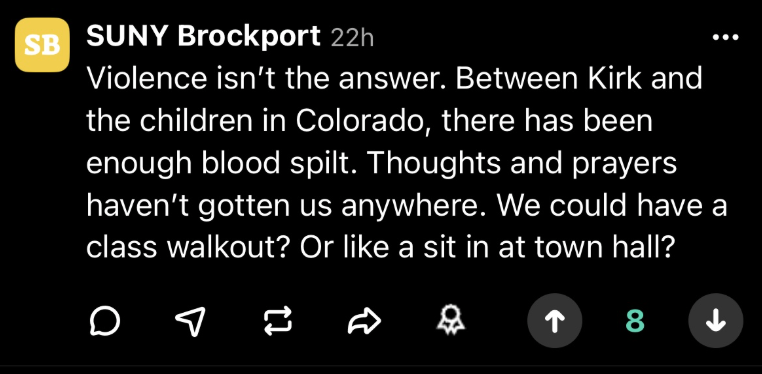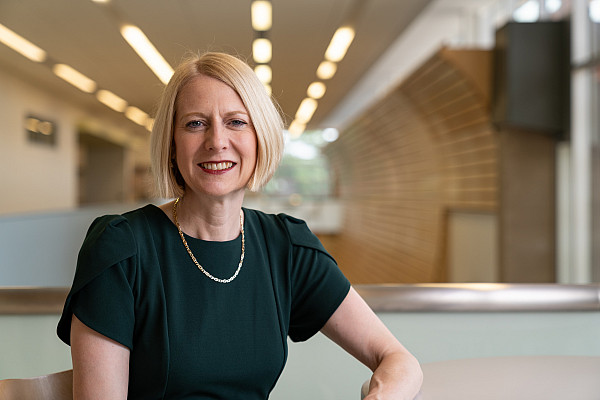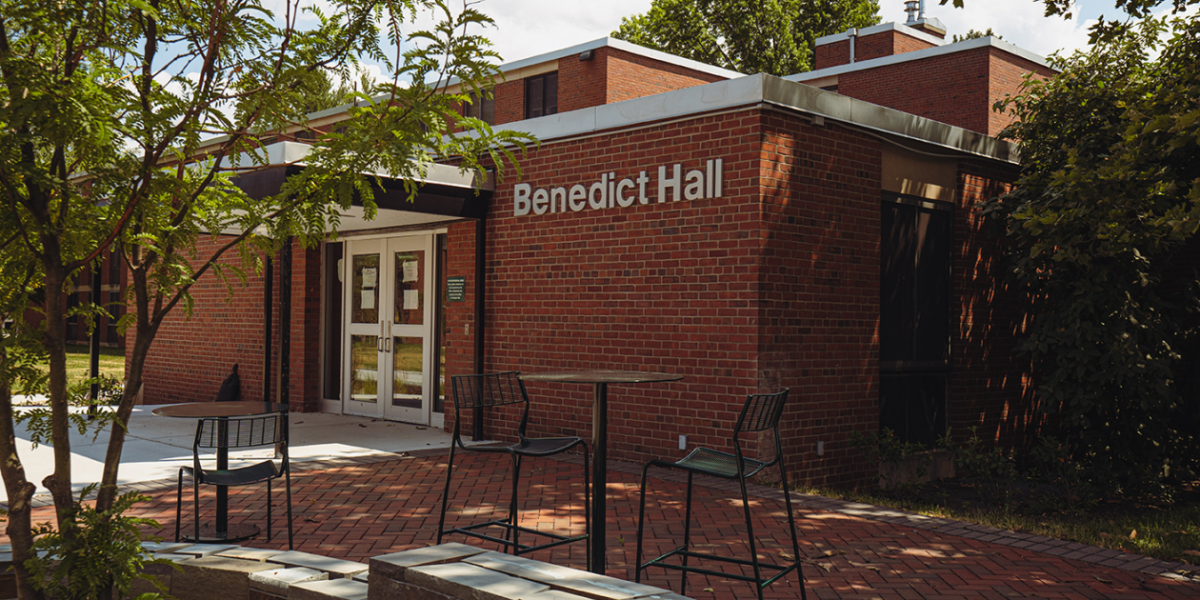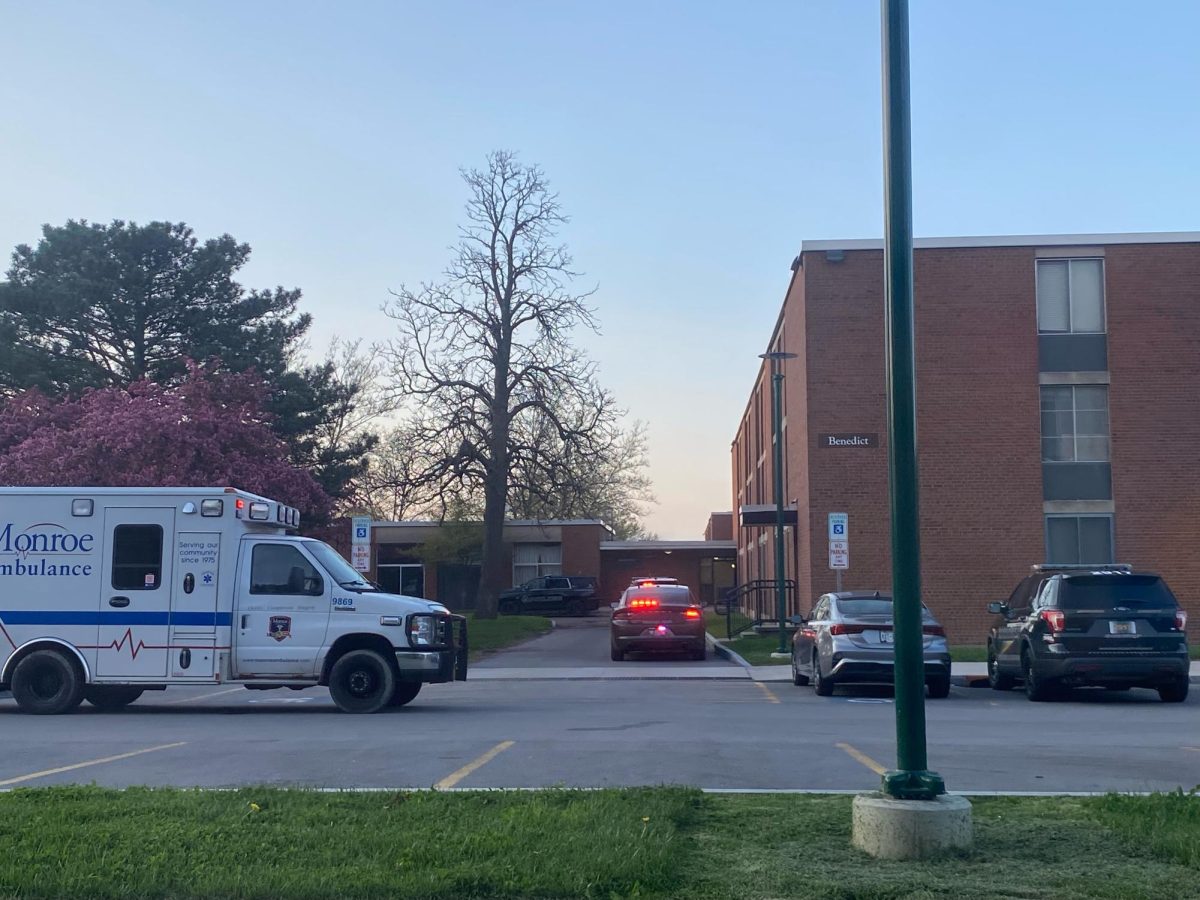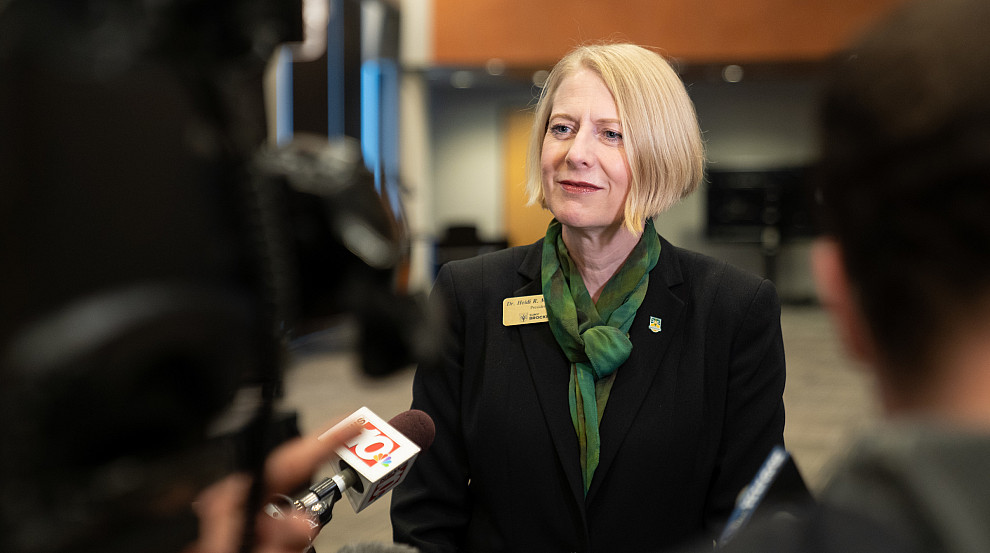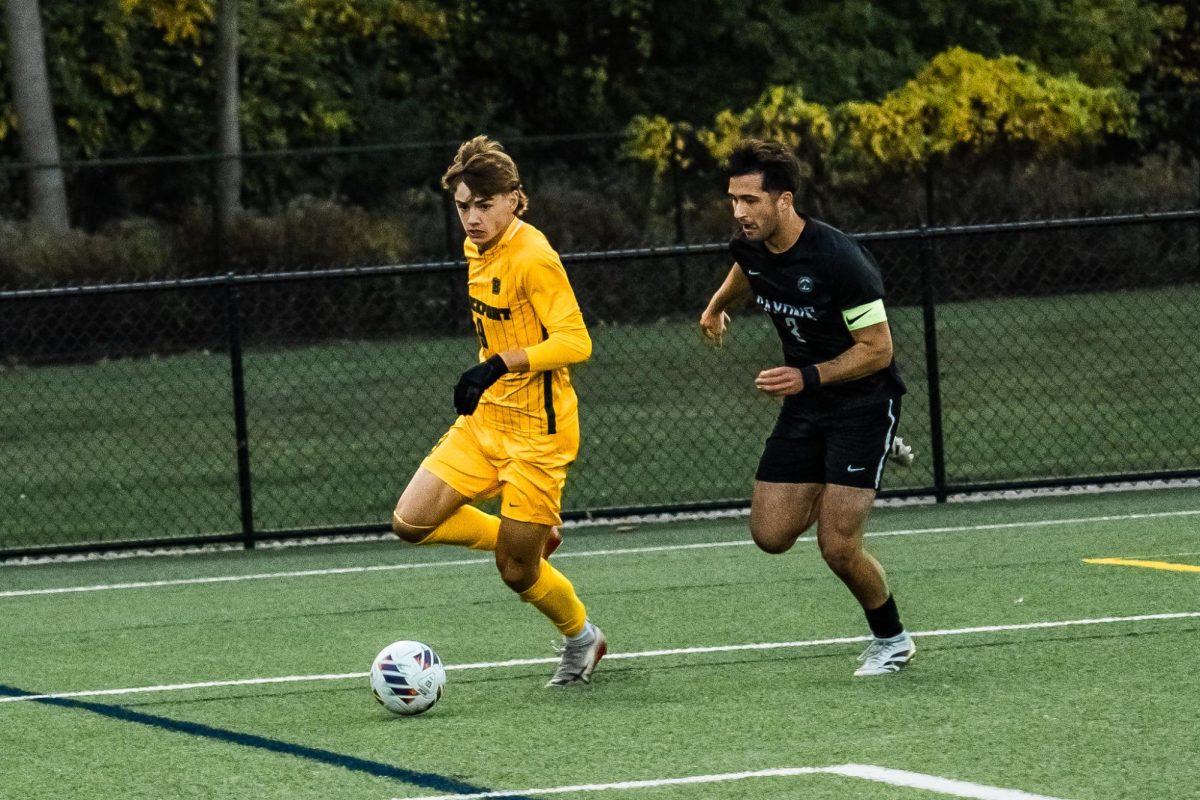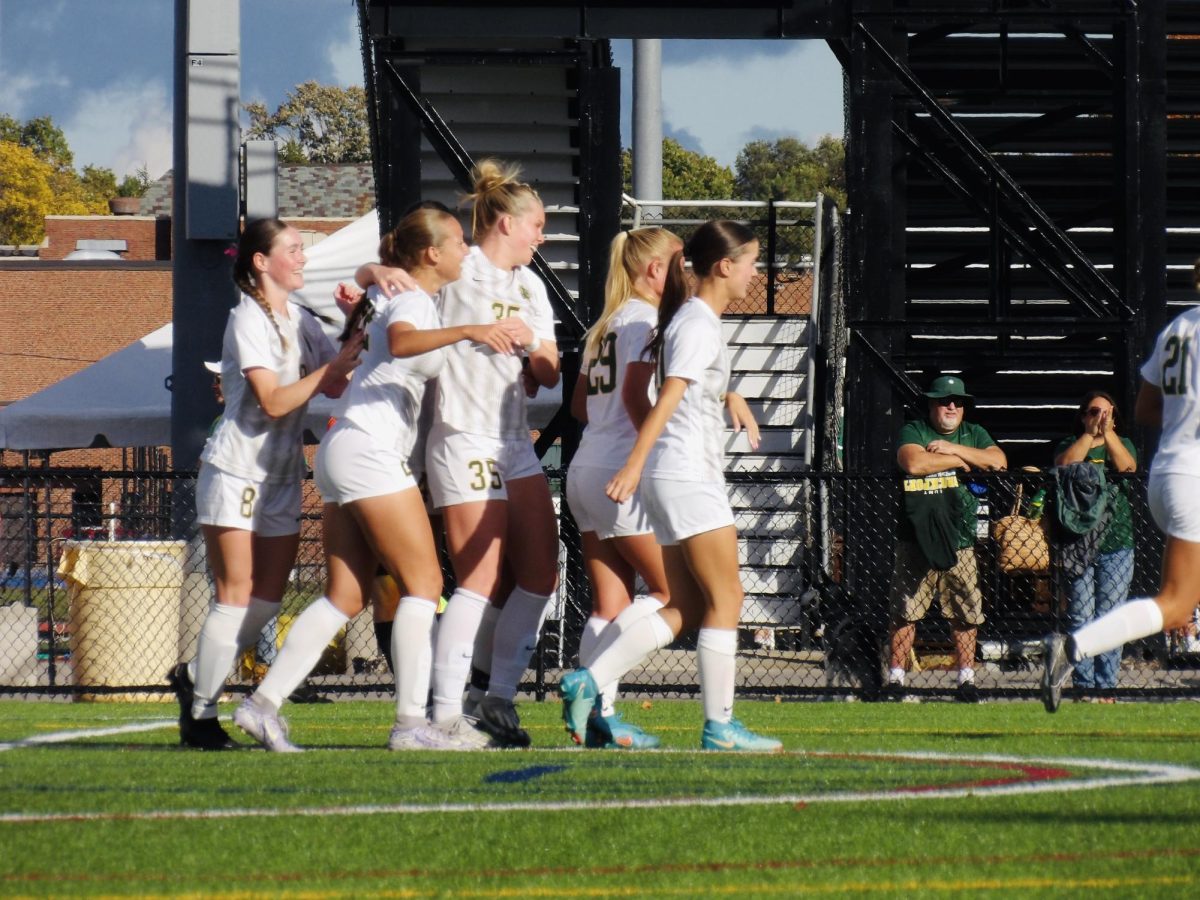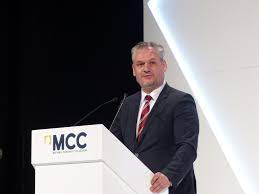SUNY Brockport political science students sat down with Hungarian Ambassador Szabolcs Takács on Tuesday, Feb. 7. Takács spoke to students from across the nation about Hungary’s priorities for Euro-Atlantic relations on behalf of the Hungary and Prime Minister Viktor Orbán.
“International order is based upon (alliances), and that’s why it’s important that the American intellectuals get to learn about it,” Takács said. “Young leaders, students of your country, get more and more important information about who we Europeans are and why we attach so much report to our corporation. However, I believe that in the course of changing international global order and the upcoming challenges in our world, we need restrain. And again, this is an alliance that is based upon, I think, a very important backbone of this (conversation).”
The Zoom call gave Brockport students unique experiences a classroom can’t provide. The conversation lasted for about an hour, with the first half about Hungarian history and the importance of cooperation, where the students had the opportunity to ask questions in the second half.
“My students got to see how ambassadors do their job, witness the whitewashing of the national narrative, and watch and listen in real-time to how an expert deals with tough questions,” SUNY Brockport political science professor Steven Jurek said.
56 students from a variety of schools attended this meeting. Topics included Russian and Hungarian relations, the North Atlantic Treaty Organization (NATO) and the war in Ukraine.
“He clearly pivoted from the hardest-hitting questions. He’s a skilled ambassador, gifted in the art of portraying his country in the best possible light,” Jurek said.
Some of the students didn’t take the pivoting as well.
“It was a total PR stunt,” SUNY Brockport junior Maggie Thayer said.
However the lack of clarity and honesty was not unexpected for those who understand how the diplomatic process works.
“For the most part, his answers are pretty party-line driven,” Jurek said. “He has heard most of these before, so he knows how to steer the answers to make Hungary look like a reasonable country with many challenges. Orban blames all Hungarian problems on ‘others.’ It’s the oldest trick in the book. Take zero responsibility for their own plight and blame the ‘boogeyman.’”
Takács struggled when the questions became more pressing, carefully choosing his words. While his attachés sat silently beside him. Topics such as aid being blocked to Ukraine during their war were discussed.
“I was surprised the moderator asked the questions so directly,” Jurek said. “She did not sugarcoat them; she asked all the hard questions. He (Takács) squirmed quite a bit to wiggle out of them successfully I would say.”
Despite the back and forth, students’ responses have been positive so far.

